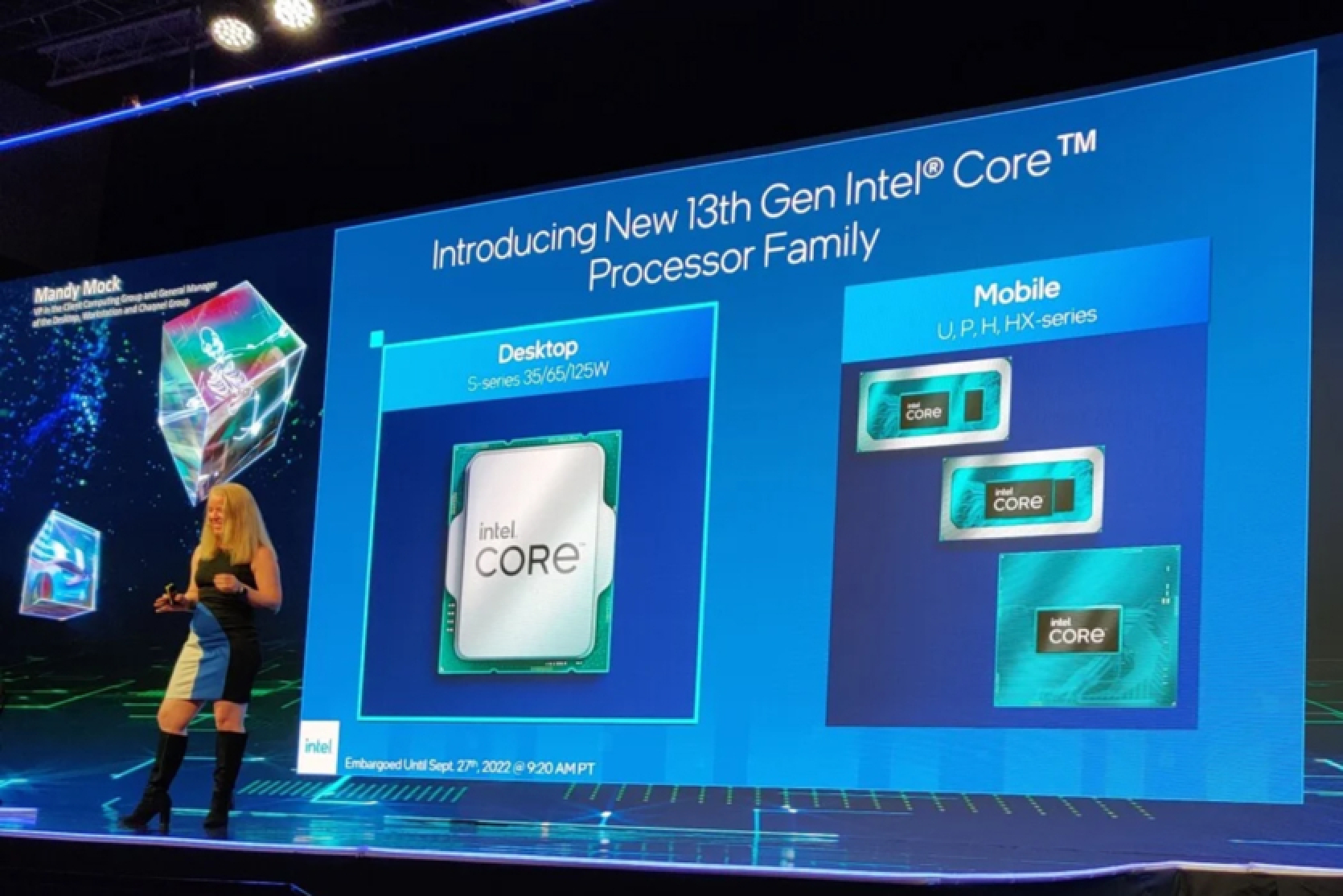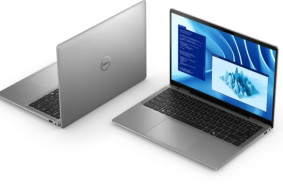Intel 13th and 14th generation (Raptor Lake) processor failures are also affecting laptops. After reports of malfunctions in data center servers, there is now a message about the "sale of defective Intel processors" for portable PCs.
"There are several laptop models that have failed with the same symptoms. It just doesn't happen as often as processor failures in desktop PCs," writes Matthew Kessels from Alderon Games.
The new data contradicts the theory that Raptor Lake's instability is related to desktop features and the LGA 1700 socket. Alderon Games states that practically 100% of the Raptor Lake desktop chips at its disposal are failing. Malfunctions in laptops confirm the universality of the problem and its roots specifically in the processors.
Kessels does not specify which exact chip models are defective, but it is logical to expect that the problems may affect Intel's flagship Core i9 HX processors. On desktops, the most powerful K and KS series processors are experiencing issues.
Intel has not yet provided a final fix for the Raptor Lake instability and the question arises whether this can only be done through software. The company has attempted to fix the problem by updating the microcode, implementing stricter power restrictions, applying security mechanisms in the BIOS, and fixing eTVB errors, but none of the attempts have been able to completely eliminate the constant crashes.
The biggest problem with Raptor Lake instability is the random nature of the failures. Some systems only fail under certain conditions, while others have constant issues. The problem persists even after installing updates, for example, there are cases of energy-efficient cores being disabled. Moreover, a large number of reports indicate that Raptor Lake processors do not function properly even with parameters significantly below the official specifications.
Sources: Alderon Games, Tom`s Hardware












Comments (0)
There are no comments for now